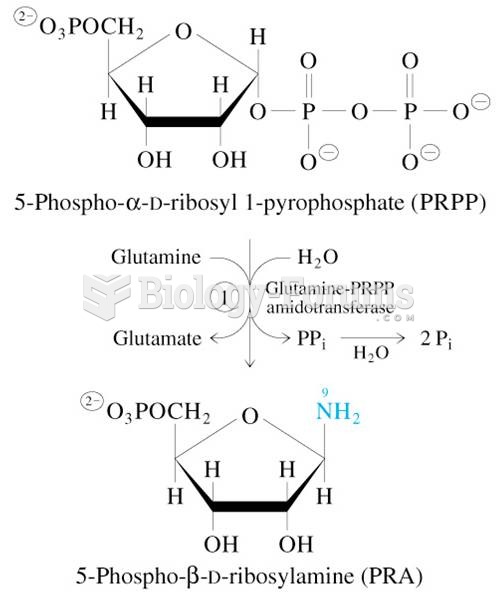This topic contains a solution. Click here to go to the answer
|
|
|
Did you know?
When intravenous medications are involved in adverse drug events, their harmful effects may occur more rapidly, and be more severe than errors with oral medications. This is due to the direct administration into the bloodstream.
Did you know?
Oliver Wendell Holmes is credited with introducing the words "anesthesia" and "anesthetic" into the English language in 1846.
Did you know?
Approximately 25% of all reported medication errors result from some kind of name confusion.
Did you know?
The average office desk has 400 times more bacteria on it than a toilet.
Did you know?
The ratio of hydrogen atoms to oxygen in water (H2O) is 2:1.







